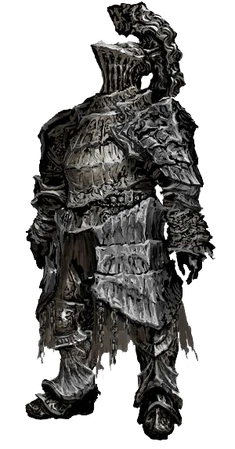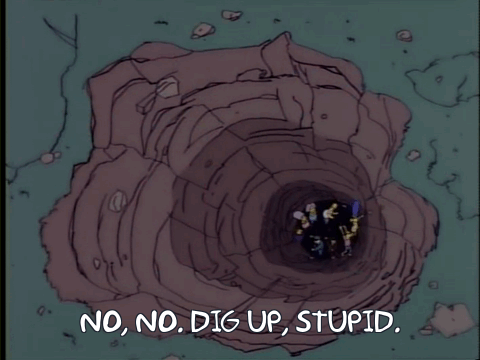whatsinaname
Member
1) OP: I don't get the idiom.
2) Poster A: That word in the idiom can mean 'A' or 'B' but in this case it means 'A', so the idiom makes sense.
3) OP: But I always take that word to mean 'B' so I don't understand.
4) Go To Step 2
I feel dumber for having read through the conversation. Especially considering I got stuck in the exact same loop a couple of months ago.
http://www.neogaf.com/forum/showpost.php?p=240808848&postcount=40
2) Poster A: That word in the idiom can mean 'A' or 'B' but in this case it means 'A', so the idiom makes sense.
3) OP: But I always take that word to mean 'B' so I don't understand.
4) Go To Step 2
I feel dumber for having read through the conversation. Especially considering I got stuck in the exact same loop a couple of months ago.
http://www.neogaf.com/forum/showpost.php?p=240808848&postcount=40
Right, so if you possess a cake, why would you NOT eat it? But the idiom implies your desires are unreasonable. Eating a cake that you possess is entirely reasonable


